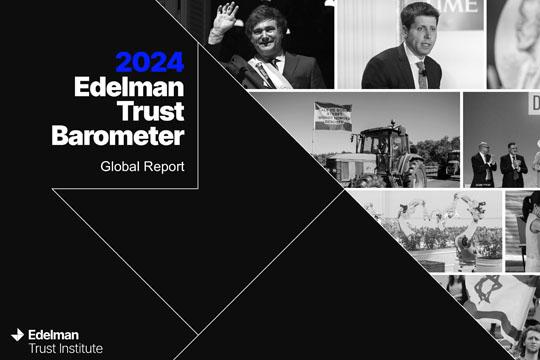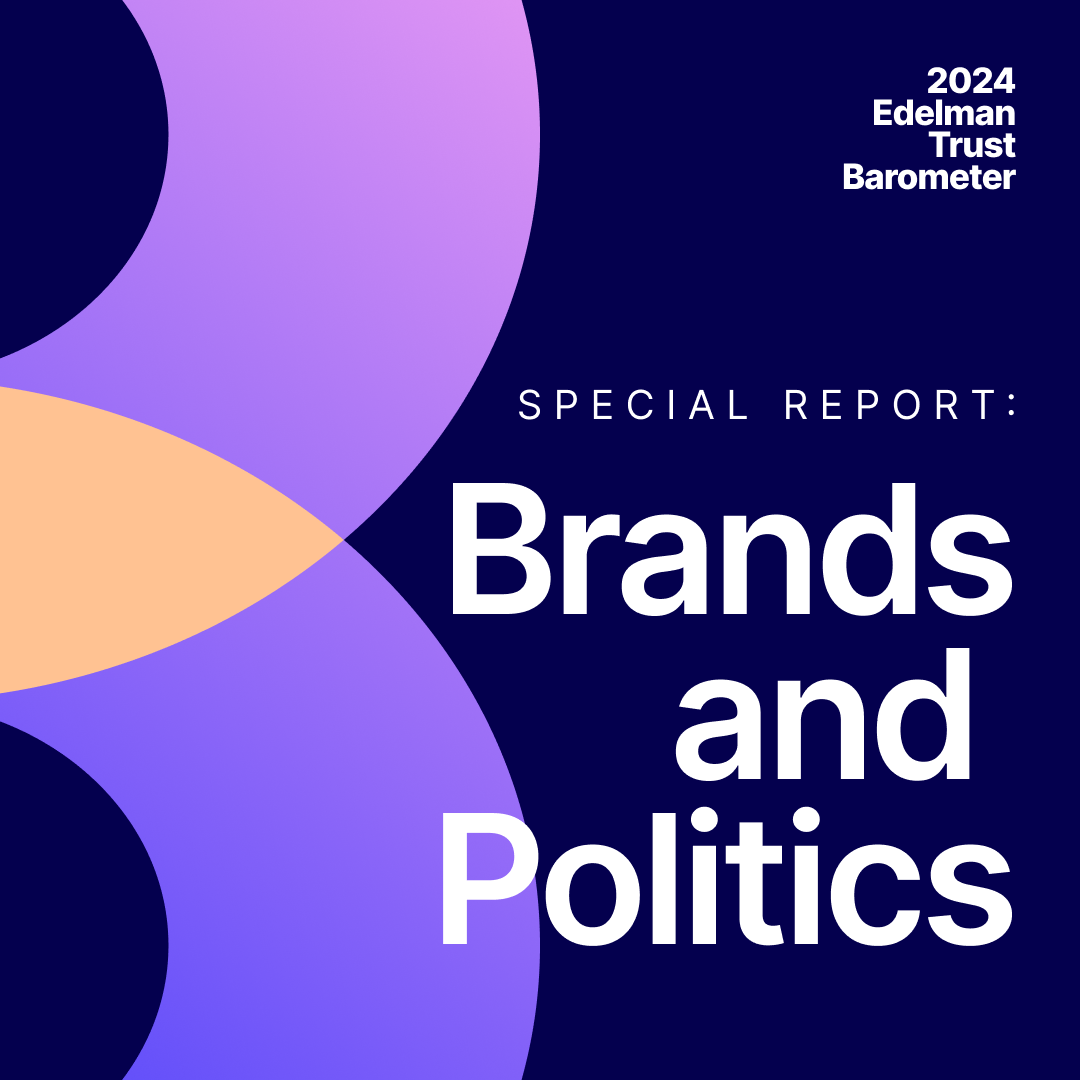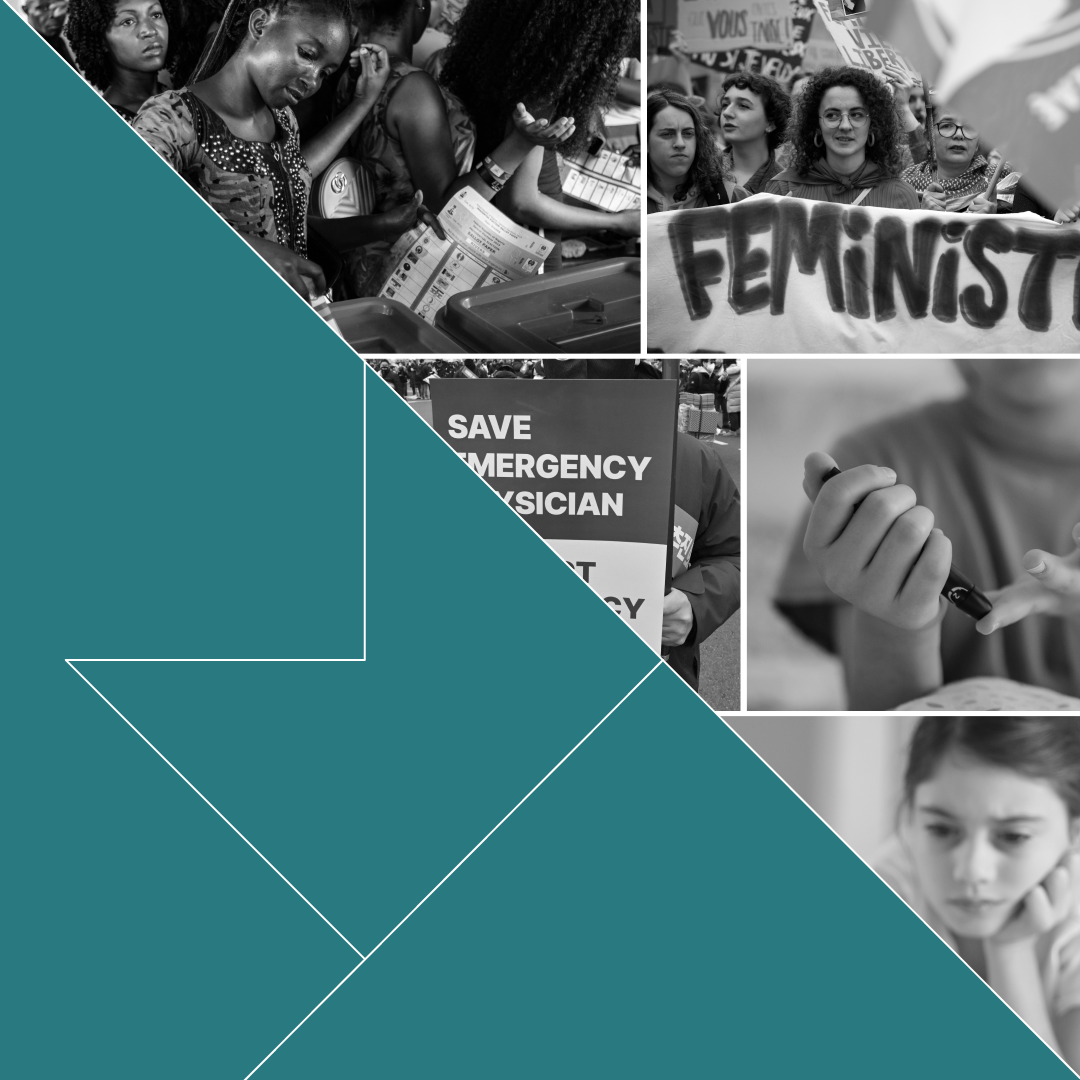- While election outcomes lead to massive swings in trust, it’s the level of belief in the system itself that mitigates or accelerates the most extreme outcomes.
- Despite a current lack of trust, people expect government to take the lead on addressing societal problems.
- Government-business partnership is the most trusted solution for delivering constructive action.
2024 was always going to be an inflection point. It’s a year in which 60-plus nations, accounting for half of the global population, are heading to the polls. Forces are swirling around elections across the globe – the rise of populism, the battle for truth, split economic realities for the haves and have-nots, and the echoes of pandemic-era attacks still staining the reputations of officials and experts. Considering this historic moment, the Edelman Trust Institute analyzed the past half-decade of government data, and we found that while election outcomes themselves produce massive swings in trust, it’s the belief in the system itself that mitigates or accelerates the most extreme outcomes.
The Edelman Trust Barometer Special Analysis on Trust and Government shows a stunning acceleration of the trust divide between the left and right after elections and consequential decline in trust in government among the losing party. For example, in the U.S., leading up to the 2020 election, there was only a two-point gap between Democrats (47%) and Republicans (49%) in trust in government. By November 2021, that gap had grown to 24 points, with a small rise in trust for Democrats (to 53%) offset by a catastrophic 20-point decline in trust for Republicans (to 29%). The partisan divide has since remained, with a 35-point gap in 2023 and a 23-point gap in 2024. The same phenomenon occurred in Brazil. Leading up to the Bolsonaro-Lula contest in 2022, the government trust divide was 8 points (left at 39%, right at 47%). In 2023, a year after the election, the gap metastasized to 39 points, with the left at 65% and the Right at 26% trust in government. In eight nations that held national elections in 2022, the trust divide between election winners and losers expanded from seven points (49% versus 42%) to 20 points in the year after the elections (57% versus 37%).
The central problem is the lack of belief in the sanctity of the national electoral system. Just over half (55%) of respondents in 25 democracies with recent or upcoming elections believe that their governments were fairly elected and legitimate. There is a shocking level of skepticism among Gen Z voters, with only 47% trusting their country’s electoral system, in sharp contrast to respondents ages 60+ within the same 25 democracies at 61% trust. Low levels of news consumption are fueling election skepticism, especially among younger voters — Gen Z who follow public policy news daily are 13 points more likely to believe in election legitimacy, but only 30% of that cohort do follow policy news. Doubts about election integrity drastically weaken trust in the four main institutions, with election skeptics at a trust index — or the average of business, government, NGO, and media trust — of 35 versus election legitimists at 64. The most alarming finding is trust in government plummeting to 19% among election skeptics, compared to 63% trust among those who believe the government was fairly elected. Crucially, when people do feel elections are legitimate, the government trust loss among the losing side after an election evaporates (+2 points) while it plummets even more severely for losing constituencies (-7 points) when elections are seen as illegitimate.
Download the Full Analysis
Dive into why trust in government is eroding and how to rebuild it.
There is a ray of light in this Trust Barometer data: Respondents want government to lead on climate change, economic growth, discrimination, and economic inequality. The expectation for government is at least double that of business for addressing economic inequality, discrimination, and misinformation. Respondents on both the left and right demand government to provide incentives that promote domestic manufacturing and enable domestic goods to be competitive. In turn, government trust fortifies the social fabric, with 75% of those who trust government being willing to sacrifice for the greater good and only 48% of distrusters who would do the same. Given that we live in a polarized era in which the most important problems require cooperation, this is a truly urgent finding.
Government-business partnership is the most trusted solution for delivering constructive action. This was the essence of the open letter from 112 CEOs of global companies before the COP 29 meeting in Baku, Azerbaijan, that asks Governments to set strong targets, scale up transition finance, and remove obstacles for investment. The CEO of Ingka, operator of IKEA stores, Jesper Brodin wrote, “We need more interaction, more support, and more collaboration from policymakers around the world to enable and speed up investments, to cut delays in permitting and grid approvals for renewable energy projects and new green technologies.” When government partners well with business, there is a 3.5x upswing in government trust (22% among those who say government partners poorly with business versus 73% among those who say government partners well), while trust in business rises substantially (up 28 points, from 45% to 73% trust when government partners well with business). This is especially important on innovation, with a 15-point rise over the past nine years (45% to 60%) in respondents saying they would trust business more to implement technological change if it partners with government. And just as government is expected to do more, not less, on key issues, business is expected to lean in on climate (respondents 6.5x more likely to say business should do more vs. less), economic inequality (6.5x), and workforce reskilling (5x).
Business needs trust in government to recover because institutional imbalance puts excessive stress on the private sector to deliver on economic and societal issues. At present, two thirds of respondents say that CEOs should take the lead on change rather than waiting for Government (68%), thrusting companies into the political crosshairs. Distrust in government also imperils society; the reaction by some to evacuation warnings for Hurricane Milton in Florida was skepticism tinged with anti-Semitism. Our data tells us that when citizens can trust their government, they can more clearly see the greater good. Government is called to deliver results, stop partisan bickering, and demonstrate competence. Philosopher John Locke said, “I have always thought the actions of men the best interpreters of their thoughts.” The issues of the time, from regulation of artificial intelligence to implementation of new sources of power, demand this.




